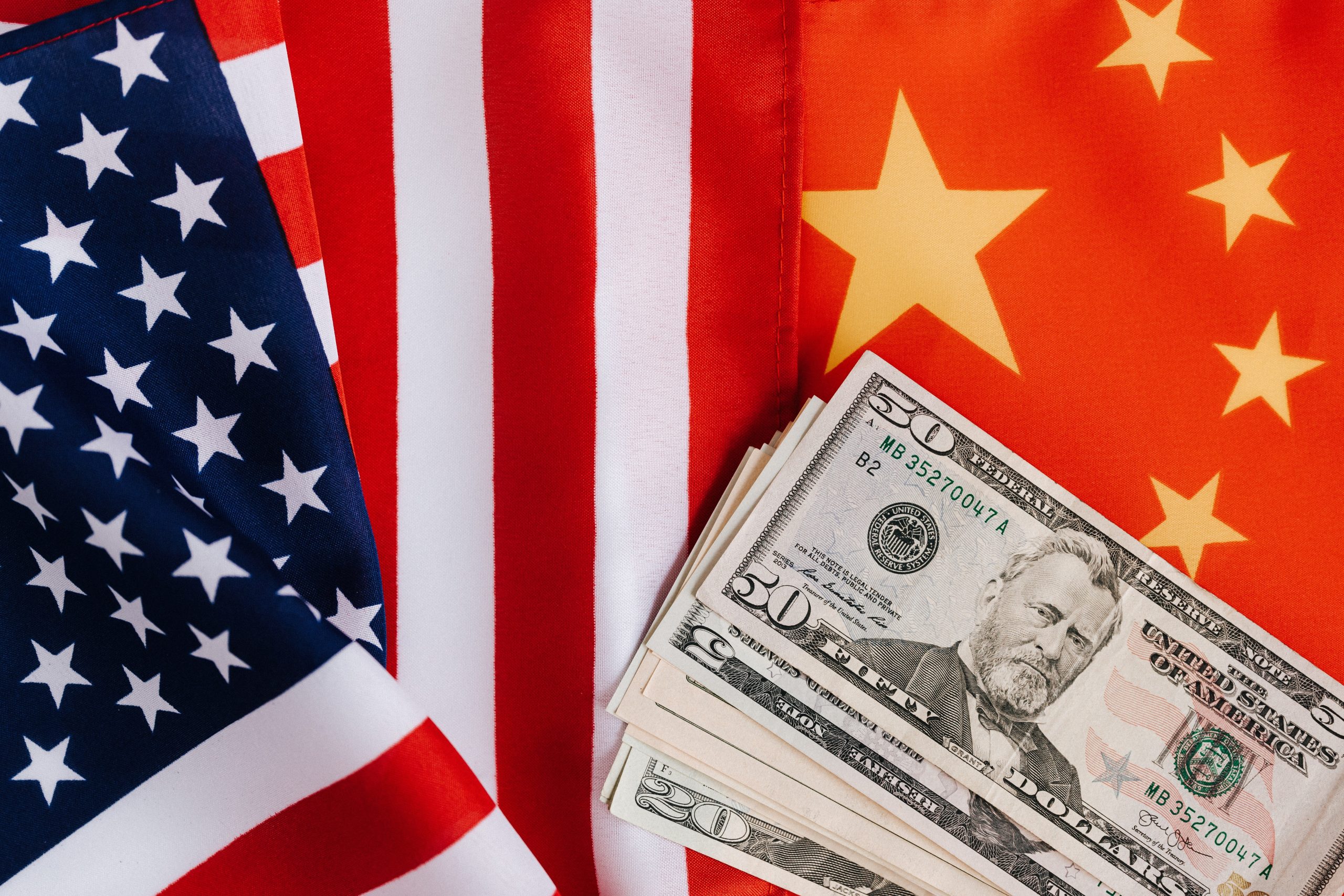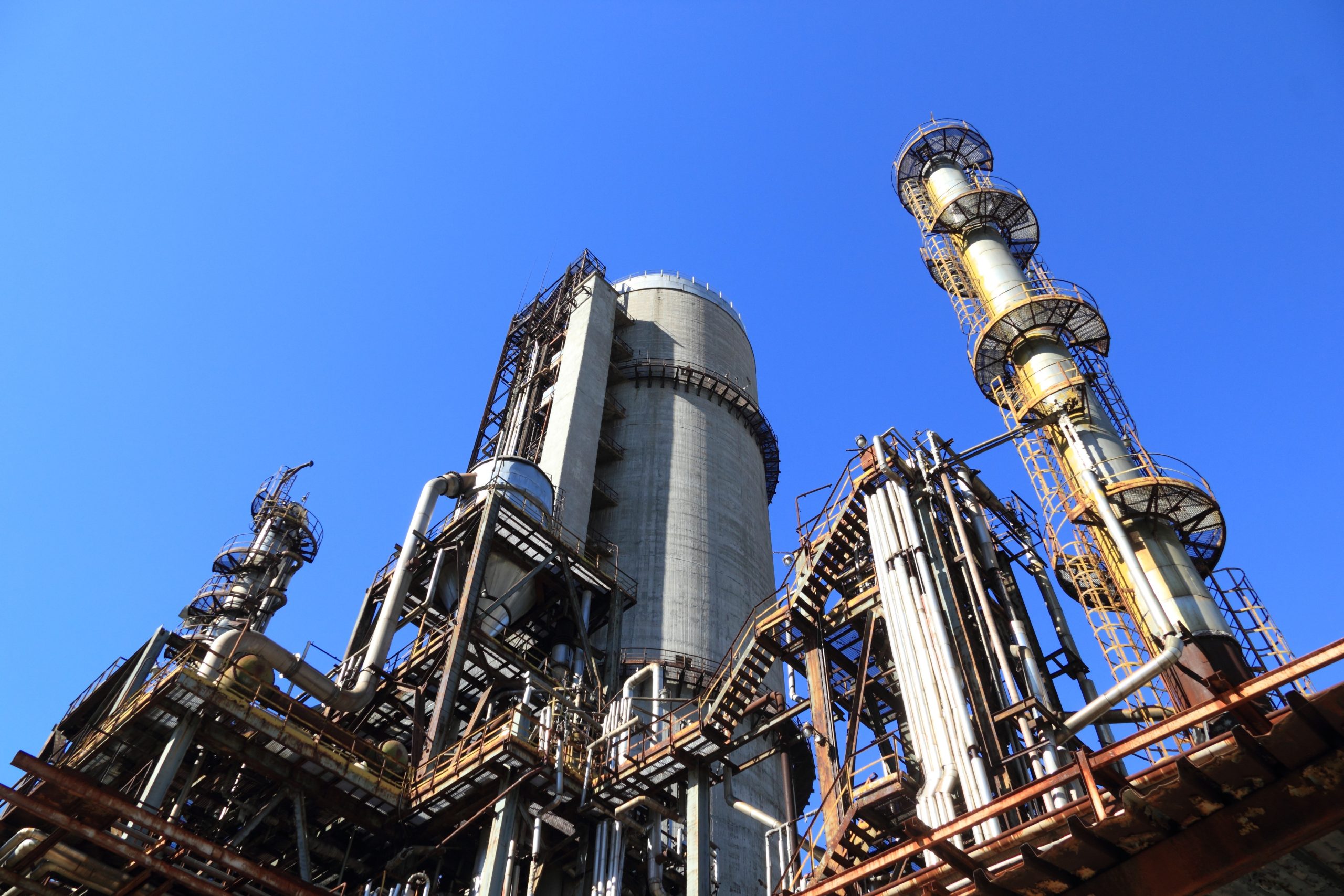Buckle up, folks! It’s time to delve into the Huarong Scandal – a financial scandal that has rocked China and caused a ripple effect across the global market. Deloitte, one of the world’s largest accounting firms, is under fire for their audit failures in relation to Huarong Asset Management Co., Ltd. In this blog post, we’ll explore what exactly went wrong with Deloitte’s auditing process and how China is punishing them for it. Get ready for an eye-opening ride through the complex world of finance and accountability!
What is the Huarong Scandal?
The Huarong Scandal is a major financial scandal that has rocked the Chinese banking industry. At the center of the scandal is Huarong, one of China’s largest state-owned enterprises (SOEs), which was founded in 1994 and is headquartered in Beijing. The company provides financial services to other SOEs and is also one of China’s “big four” state-owned banks.
In early 2016, it was revealed that Huarong had engaged in a number of questionable practices, including cooking its books, making improper loans, and using false invoices to inflate its revenue. These practices came to light after an investigation by the National Audit Office (NAO) of China. As a result of the scandal, several high-ranking executives at Huarong have been arrested and charged with corruption, while the company itself has been placed under investigation by Chinese authorities.
The Huarong Scandal has sent shockwaves through the Chinese banking industry and raised serious questions about the governance of SOEs. It also highlights the challenges faced byChinese regulators in combating financial fraud and corruption.
Who is Deloitte?
Deloitte is one of the world’s largest professional services firms, providing audit, consulting, financial advisory, risk management, and tax services to clients worldwide. Deloitte has been operating in China for over 20 years and has a network of 23 offices across the country.
In December 2016, it was announced that Deloitte would be fined US$8 million by Chinese regulators for its role in auditing Huarong International Financial Holdings Ltd., a company that was later found to have engaged in fraudulent activities. This is the first time that a foreign firm has been punished by the Chinese government for auditing irregularities.
The announcement of the fine came after an investigation found that Deloitte had failed to detect irregularities in Huarong’s financial statements for the years 2013 and 2014. These irregularities included false invoicing and misappropriation of funds. As a result of these findings, Deloitte’s China head office was ordered to pay a fine of RMB50 million (US$7.6 million), while its Shanghai branch was fined RMB20 million (US$3 million).
What were the audit failures?
In December 2020, the Chinese authorities announced that they were punishing Deloitte for its audit failures in relation to the Huarong scandal. This is one of the most high-profile cases of corporate malfeasance in China in recent years, and it has led to increased scrutiny of the accounting profession in the country.
Deloitte was found to have failed to properly audit Huarong, a state-owned enterprise, for several years. The company was accused of inflating its profits and hiding losses, among other things. As a result of Deloitte’s audit failures, the Chinese authorities have suspended the firm from auditing listed companies in China for a year.
This is a major setback for Deloitte, which is one of the Big Four accounting firms. It is also a blow to foreign investors, who have been increasingly looking to China for investment opportunities. The Huarong scandal has made them question whether they can trust Chinese companies’ financial statements.
China’s punishment for Deloitte
In December 2020, the China Securities Regulatory Commission (CSRC) fined Deloitte & Touche Zhong Tian CPAs Limited (DTZT) $500 thousand for audit failures related to its work for Huarong International Financial Holdings Limited (Huarong).
This is the first time that the CSRC has taken action against a Big Four firm in China. The regulator said that DTZT had “failed to obtain sufficient and appropriate audit evidence” when it audited Huarong’s financial statements for 2015 and 2016.
DTZT has been Huarong’s auditor since 2013. The CSRC launched an investigation into the firm’s work for Huarong after the company disclosed irregularities in its financial statements in March 2016.
The CSRC found that DTZT did not properly assess the risk of fraud when it audited Huarong’s financial statements. The regulator also said that DTZT did not exercise “sufficient professional skepticism” when it reviewed related-party transactions.
DTZT has agreed to take corrective action and improve its audit processes. The firm will also cooperate with any further investigation by the CSRC.
Implications of the Huarong Scandal
The Huarong Scandal is a major financial scandal in China that has implicated several high-ranking officials and bankers. The scandal has resulted in the arrest of several Deloitte employees in China and the suspension of the accounting firm’s license to practice in the country.
The Huarong Scandal has far-reaching implications for both China and the global economy. The scandal highlights the risks associated with doing business in China, as well as the challenges faced by multinational companies operating in the country.
The fallout from the Huarong Scandal is likely to be significant. In addition to the reputational damage suffered by Deloitte, the scandal is likely to lead to greater scrutiny of foreign companies doing business in China. This could make it more difficult for companies to do business in the country, and may lead to stricter regulation of the accounting and auditing industry.
Conclusion
The Huarong scandal is a stark reminder of the importance of proper auditing procedures and oversight. Chinese authorities have taken action against Deloitte for its audit failures, while other accounting firms in China continue to be under scrutiny. This incident shows why it is essential that companies carefully select their external auditors with due diligence and ensure they follow strict regulations when conducting an audit. By doing so, companies can protect both investors and shareholders from any potential financial losses or even frauds in the future.










